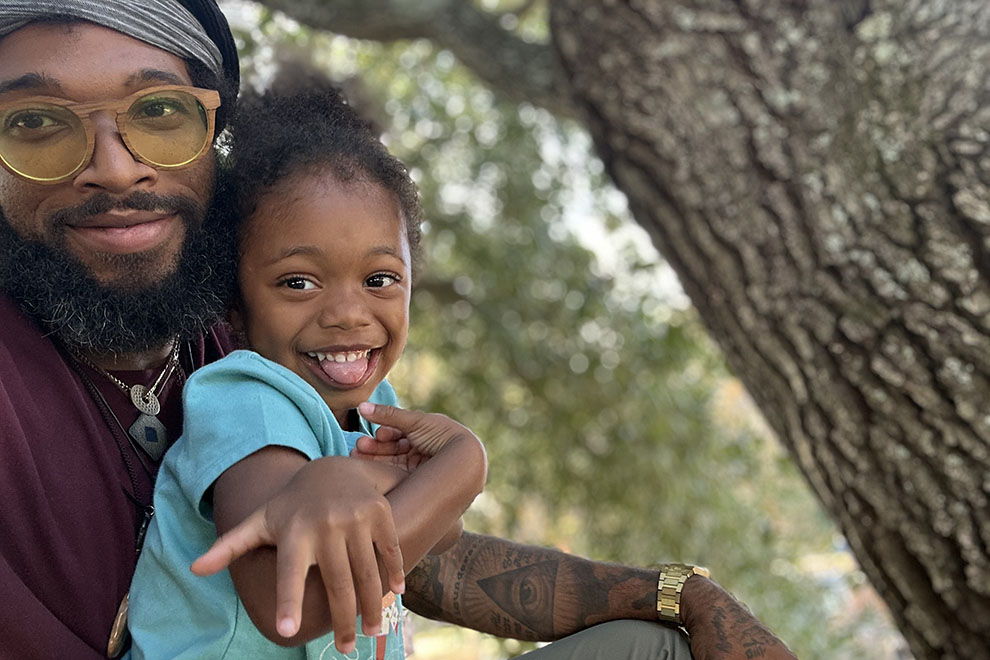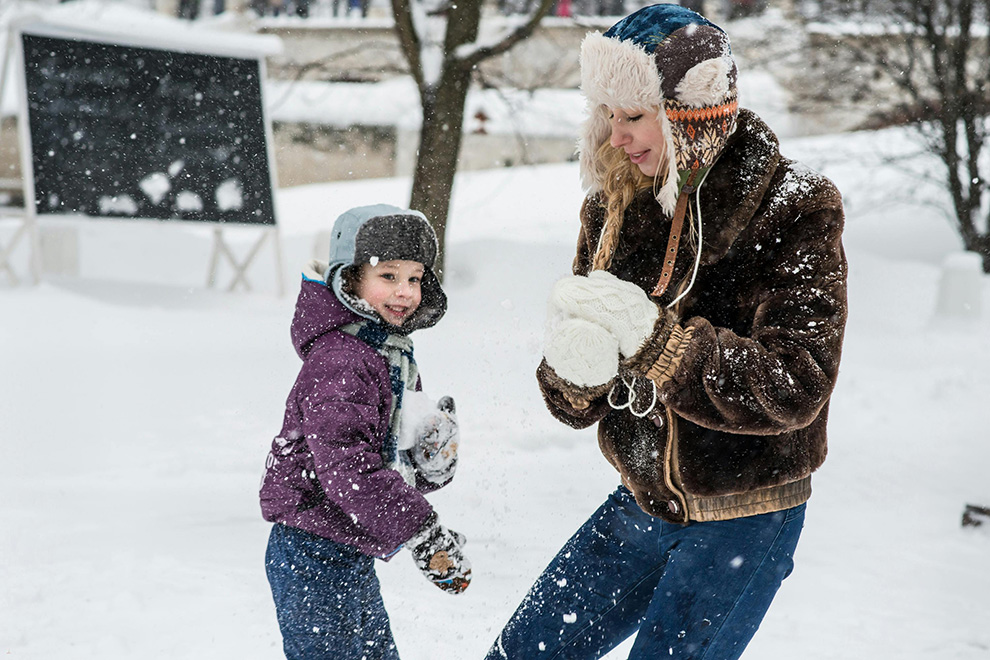Q: I admit it, playdates at my house drive me crazy. I try to leave the kids alone, but every time I listen in, an older neighbor kid is consistently making all the decisions and calling all the shots. How can I help my kids be more proactive in their play with this girl?
A: Playdates are an important way that children develop socially and emotionally. Playdates teach children how to cooperate, to share, and to solve problems with peers when they arise. However, in order for play dates to run smoothly, children frequently need adults present to guide them and teach appropriate social skills. First, it is okay for you to be listening in. In fact, it is a good idea to be doing so regularly.
For young children, parents are needed in the same room to monitor activities. For school-age children, it is a good idea for parents to stay within earshot in order to intervene if necessary. If you are noticing one child dominating the play, consider modeling for the children a way for more than one person to have a voice. “Maddie, I know you chose the last game. Sara, do you want to suggest the next activity?” “It is important everyone gets a chance to choose a game, or that we make a group decision.”
How do your kids feel about the play dates? Talk with them about how they are experiencing the time with the neighbor. If they echo your concerns, use this as an opportunity to practice ways they can express themselves during the play dates and stand up for themselves. As long as everyone is safe during the play dates, this can be an opportunity for your children to learn about expressing their preferences and verbalizing their feelings. Frankly, I think it is a good idea to closely supervise play dates that intermix younger kids and older kids. Watch for any signs of bullying or inappropriate suggestions and try to stay close by to offer support.
Q: My son just turned four. He is very outgoing and talkative – especially in public like malls and parks. I don’t want to ice this tendency, but I want him to understand personal boundaries, as well as the concept of stranger danger. Thoughts?
A: You can continue to encourage your son’s friendly demeanor while teaching him ways to be safe. It is important for your son to learn that while most adults are okay, there are a few that could hurt him. For this reason, remind your son that it is always important to stay close to you when you are out in public. Take it a step beyond what we call stranger danger to introduce that adults that we know and like can also do things to hurt us and that it’s important to let Mom or Dad know if this happens. Share with your son what he should and should not expect from other adults. Talk to your son about physical boundaries. “No one is allowed to touch you in the area that your bathing suit covers, and if they do let me know.” Teach your son that it is important to ask before touching someone else’s body, petting a dog, or playing with something that doesn’t belong to him. Look at examples that occur frequently in public and practice with your son. Encourage his friendly greetings, kind words, and respectful behavior toward others in public. When he approaches an adult without bringing you along, or runs up to a stroller to hug a baby without asking, gently prompt and remind him of these boundaries. Over time, with your patience and guidance, he will be able to discern appropriate boundaries and practice friendly, but safe interactions with others.





